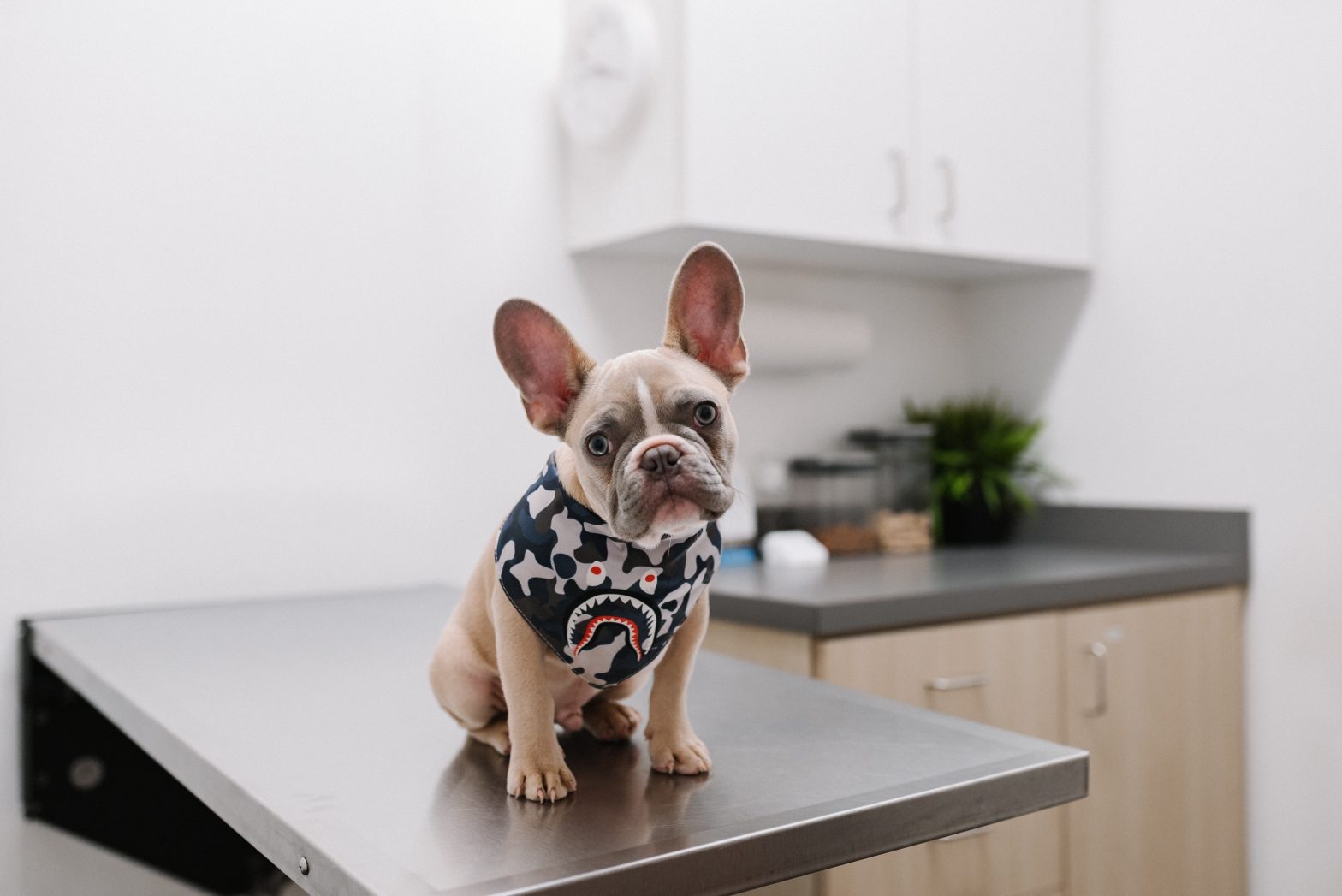Our pets hold a special place in our hearts, and we’ll do whatever it takes to ensure they lead happy, healthy lives. But sometimes, our beloved animals develop complex health issues that general veterinarians struggle to diagnose or treat effectively. In such cases, you might need to consult a veterinary internist for specialized care. But when is the right time to involve an internist, and what exactly do they do? In this article, we’ll explore the role of a veterinary internist, the common health issues they manage, and the benefits of consulting them.
What is a Veterinary Internist?
A veterinary internist is a veterinarian who specializes in internal medicine. They have undergone additional training and certification in diagnosing and treating complex diseases affecting multiple organ systems. Veterinary internists are experts in their field and can provide advanced care options that general practitioners might not have access to. While your primary veterinarian can manage most pet health issues, veterinary internists step in when advanced care is needed. Their specialized expertise in internal medicine gives them the unique ability to diagnose and treat complex, chronic diseases that may require a more in-depth examination.
Common Health Issues Managed by Veterinary Internists
Veterinary internists often manage a wide range of health issues related to internal organ systems. These may include:
Chronic kidney disease
Chronic kidney disease is a condition where your pet’s kidneys lose their functionality over time. Veterinary internists can help manage this challenging issue by offering guidance on special diets, medications, and other necessary treatments.
Liver disease
Liver disease is another common concern that warrants attention from a specialist. Your pet may require a more comprehensive approach to diagnose and manage the disease, which an internist can provide.
Gastrointestinal disorders
Gastrointestinal disorders like inflammatory bowel disease can be tricky to manage. Internists have expertise in understanding the complexities of these conditions and can help develop an effective treatment plan.
Respiratory problems
Respiratory issues can be challenging for pets and their owners. Internists can diagnose and manage these problems using advanced diagnostic tools and specialized treatments.
Endocrine disorders
Conditions like diabetes and Cushing’s disease fall under the umbrella of endocrine disorders. A veterinary internist can help you manage these diseases, offering tailored treatment plans and ongoing support.
Urinary tract issues
Urinary tract problems can be painful and frustrating for pets. An internist can help diagnose and treat these issues effectively, ensuring the comfort and well-being of your furry friend.
Immune-mediated diseases
If your pet suffers from an autoimmune or immune-mediated disease, a veterinary internist can provide specialized care and advanced treatment options.
When to Consult a Veterinary Internist
Now that we know what a veterinary internist does and the issues they manage, let’s dive into when it’s best to consult one. Consider reaching out to a veterinary internal medicine provider if your pet experiences any of the following:
- Unusual or persistent symptoms that don’t resolve with initial treatment.
- Complex or undiagnosed diseases that require advanced diagnostic tools or specialized treatments.
- Your primary veterinarian refers you to an internist for expert consultation or specialized care.
Veterinary Surgery
Sometimes, health conditions may require vet surgery for cats and dogs. A veterinary internist may refer your pet to a veterinary surgeon if they have extensive knowledge of your pet’s condition. Veterinary surgeons have specialized expertise in performing advanced surgical procedures that may be necessary for your pet’s well-being.
Benefits of Consulting a Veterinary Internist
Consulting a veterinary internist has several benefits for both you and your pet. Here are a few key advantages:
Comprehensive diagnosis: Expert internists can provide a thorough, in-depth diagnosis, ensuring no detail is overlooked.
- Expert guidance and consultation: Their years of experience make them invaluable sources of information and guidance in managing your pet’s health.
- Collaboration with other veterinary specialists: Internists can collaborate with other specialists to provide a well-rounded, comprehensive treatment plan.
- Specialized care for advanced diseases: With their specialized knowledge, internists can offer advanced care options tailored to your pet’s specific needs.
- Ongoing monitoring and support: Veterinary internists can offer ongoing support and monitor your pet’s health throughout the course of treatment.
Having access to advanced diagnostic tools and medications is crucial in diagnosing and treating your pet’s health issues effectively. This is where an affordable vet lab in Punta Gorda, FL, or a similar facility, becomes essential for prompt and accurate diagnosis. Veterinary internists can work closely with these labs and pharmacies to ensure your pet receives the best possible care.
Conclusion
When it comes to your pet’s health, it’s essential to ensure they receive the proper care they need to thrive. In certain cases, that means turning to a veterinary internist for specialized attention. Don’t hesitate to seek out an internist’s expertise if your pet is experiencing complex or chronic health issues that require advanced care. By doing so, you’ll be advocating for your pet’s well-being and ensuring they receive the best possible treatment available.


